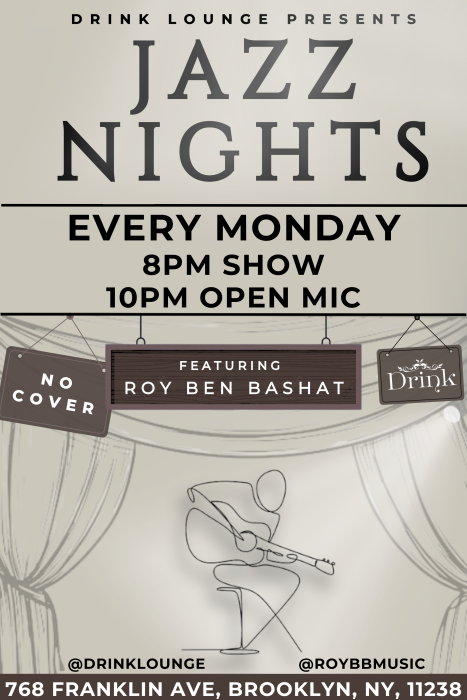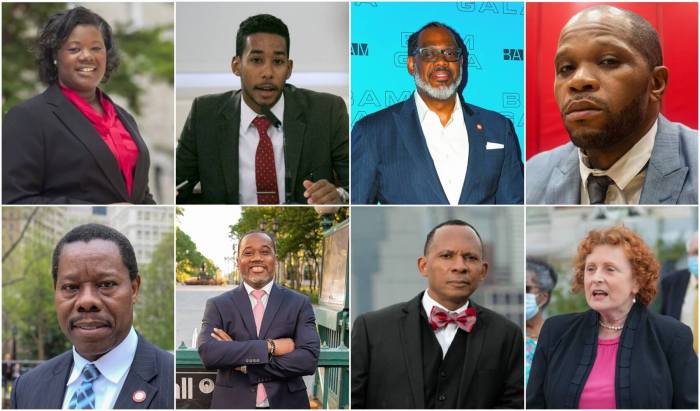In October 2020, Mayor Bill de Blasio and Flatbush Councilmember Mathieu Eugene announced plans to redevelop the former site of PS 90 into all-affordable housing — but some locals aren’t thrilled with the proposal’s lack of community input, or its disregard for a potential burial ground.
The site, located at the corner of Bedford and Church avenues, is slated to house 130 affordable apartments with space for an educational or vocational facility on the ground floor. It’s also thought to be home to a 19th century African burial ground, where the remains of enslaved people were interred.
While the Department of Housing Preservation and Development seeks out a developer for the site, the city has assembled a task force to handle any potential human remains discovered on-site, and to discuss the possibility of memorializing those buried there.
Brooklyn Paper surveyed candidates running to replace the 40th District’s term-limited councilmember on their thoughts on the project as it moves forward, and if they would push for plans to be reimagined if elected.
Josue Pierre
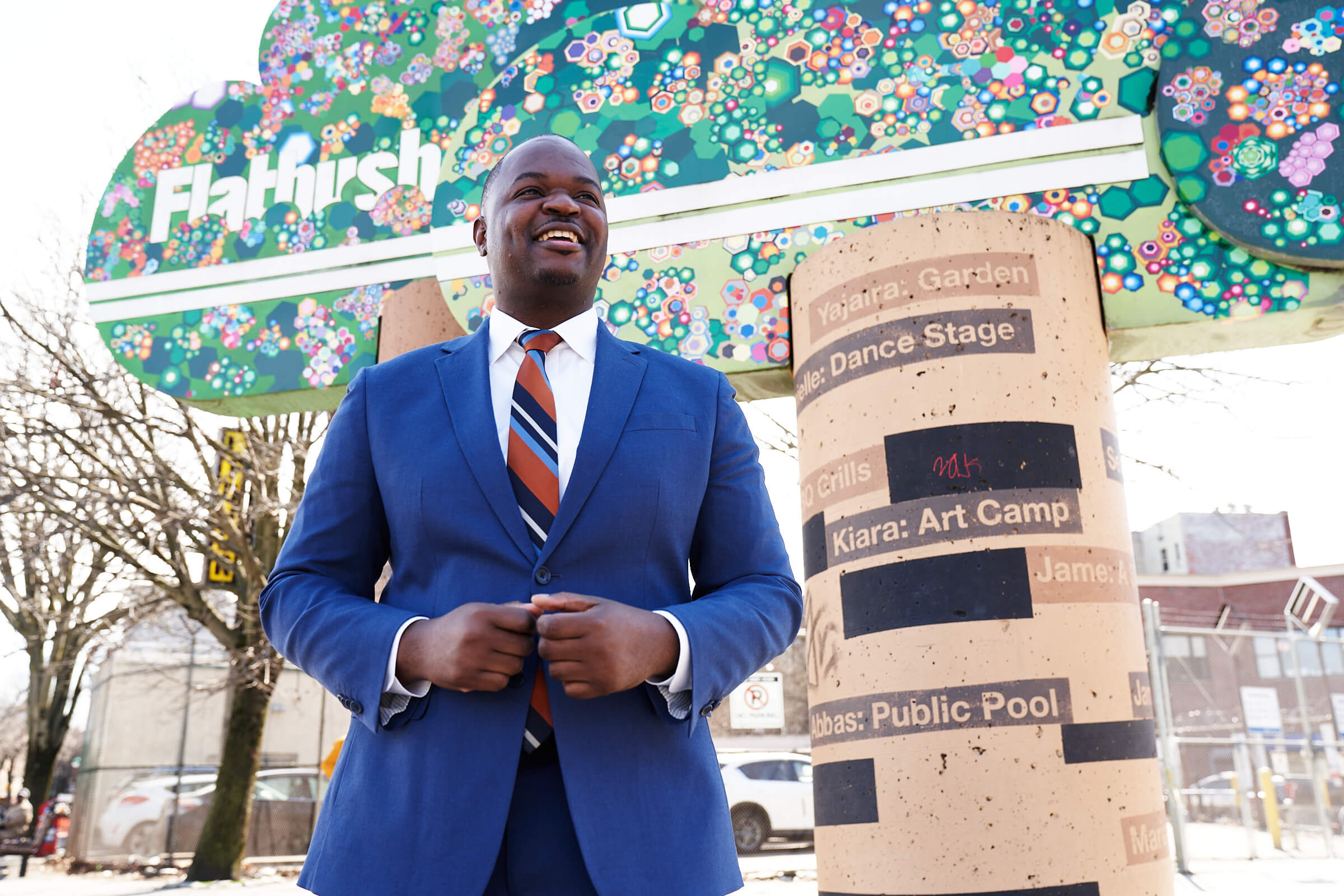
Pierre, currently the male district leader in the 42nd Assembly District, said he would support delaying the development of the site to allow for a more robust community planning process.
The candidate said he believed developing low-income housing was critical to the needs of Flatbush, but that the PS 90 site was unique, and merited more input than the current proposal had allowed for.
“Too often sites are envisioned and redeveloped without our residents being involved,” Pierre said. “This site is very unique and I fully support delaying any decision to ensure we have broader community participation and consensus on how to move forward.”
Cecilia Cortez
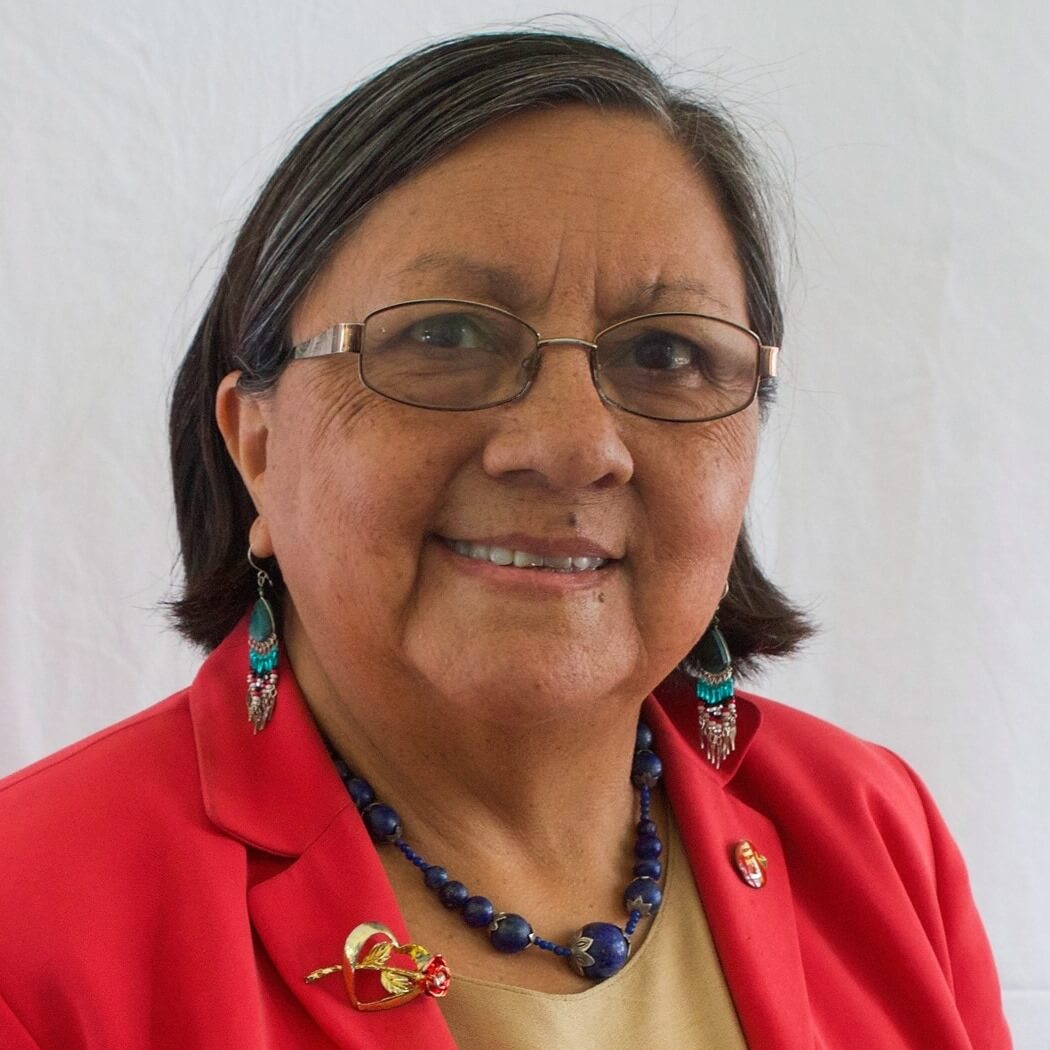
Cortez, a teachers union chapter leader, said she would like to see the site become a memorial to the enslaved people interred there rather than developed as housing.
“We need to acknowledge the fact that this is potentially a mass grave for enslaved Africans and a memorial there would be highly appropriate,” she said.
Cortez compared the situation to that of the 9/11 memorial site in Manhattan.
“You couldn’t simply put a fresh coat of paint over it and plant new buildings,” she said. “This was now and forever a mass grave site and to pretend it wasn’t would do a disservice to those who lost their lives there.”
Cortez said she thinks the site should be turned into a park and garden, with a memorial for those interred there.
“Creating a park for children to play and a garden for the community as well as a memorial to honor the remains found there is a better use of this land,” she said. “We don’t have enough open spaces in District 40, this hurts everyone, especially the most vulnerable among us.” ,
Rita Joseph
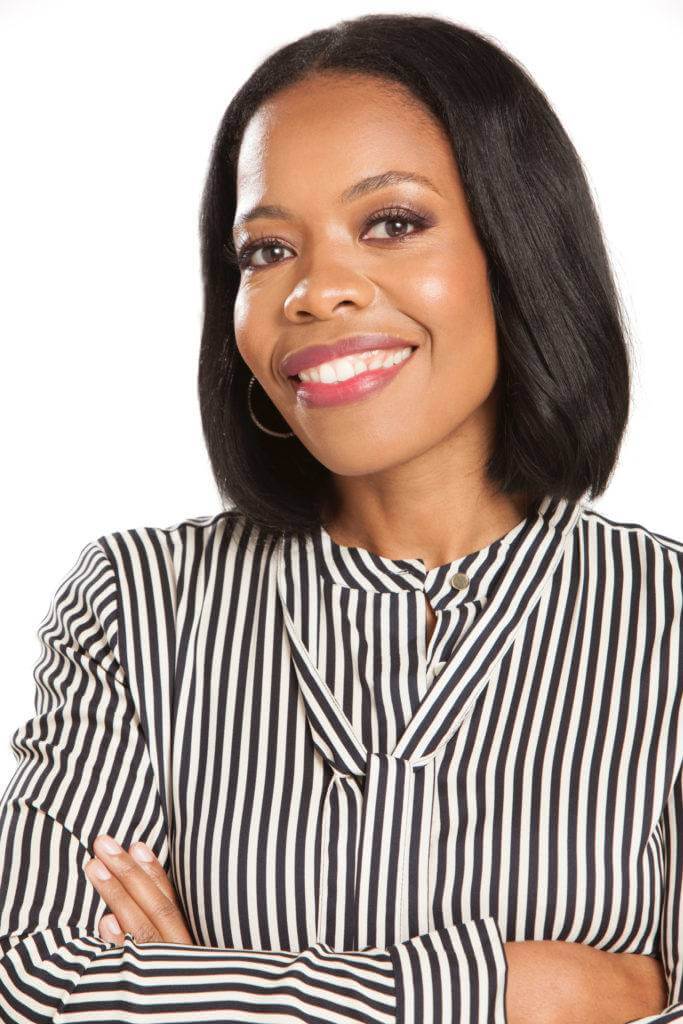
Joseph, a local public school teacher, said she took issue with the lack of community input that had gone into designating the site, and would rather see it used as an urban farm or community garden.
“I support utilizing the land for a community farm, as it would provide an improved environment for current residents while simultaneously honoring the people who came before us: the Munsee Lenape and Canarsie peoples who walked this land, as well as the African-American slaves who are potentially buried on the lot,” Joseph said.
The candidate pointed to the lack of greenspace in the district, which ranks 45th out of the 51 City Council districts for the number of parks and playgrounds per 1,000 residents.
“Central Brooklyn is in desperate need of green spaces,” she said. “A community garden would serve our neighbors well.”
Blake Morris
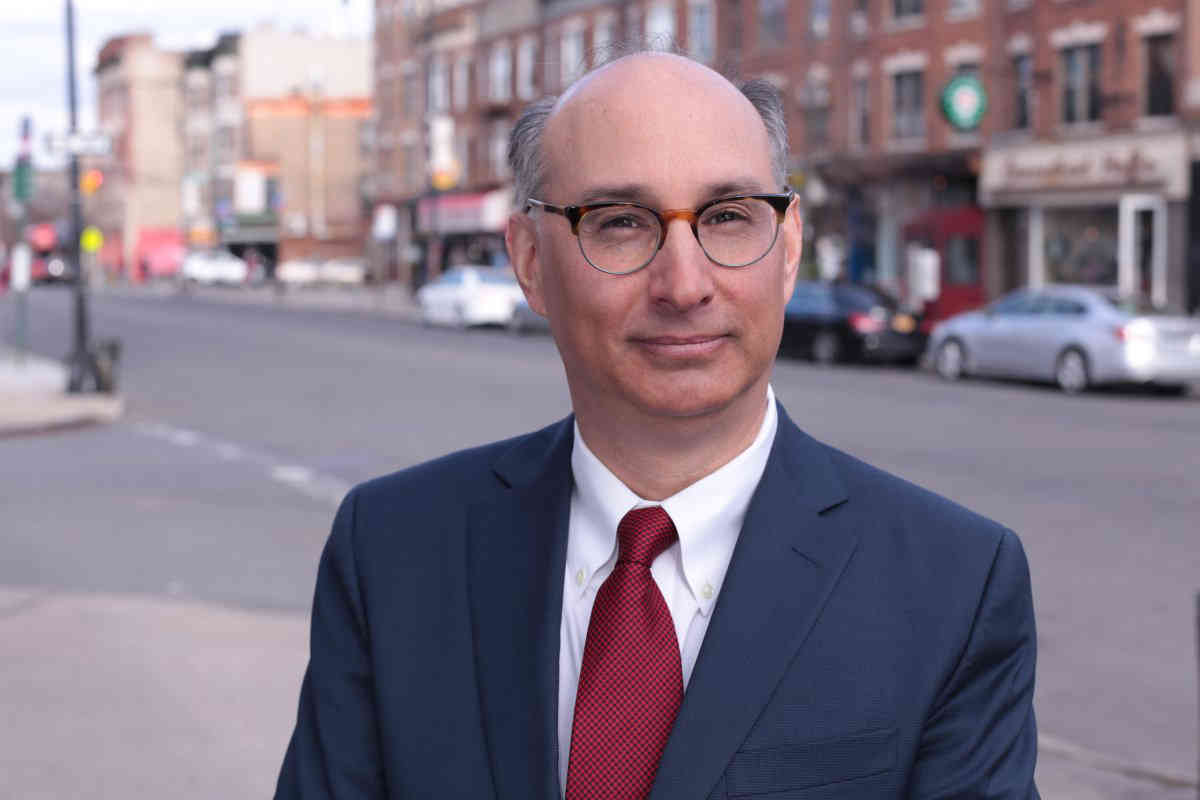
Morris, an attorney, said he took issue with the lack of input allowed for the site, and did not trust the New York City Economic Development Corporation to be a transparent community partner in developing the site.
“New York City Economic Development Corporation is the least transparent development administrator of any project within NYC,” Morris said. “They are not trustworthy or good stewards of any development proposal.”
Morris said he would work to offer real public hearings for the project.
Harriet Hines
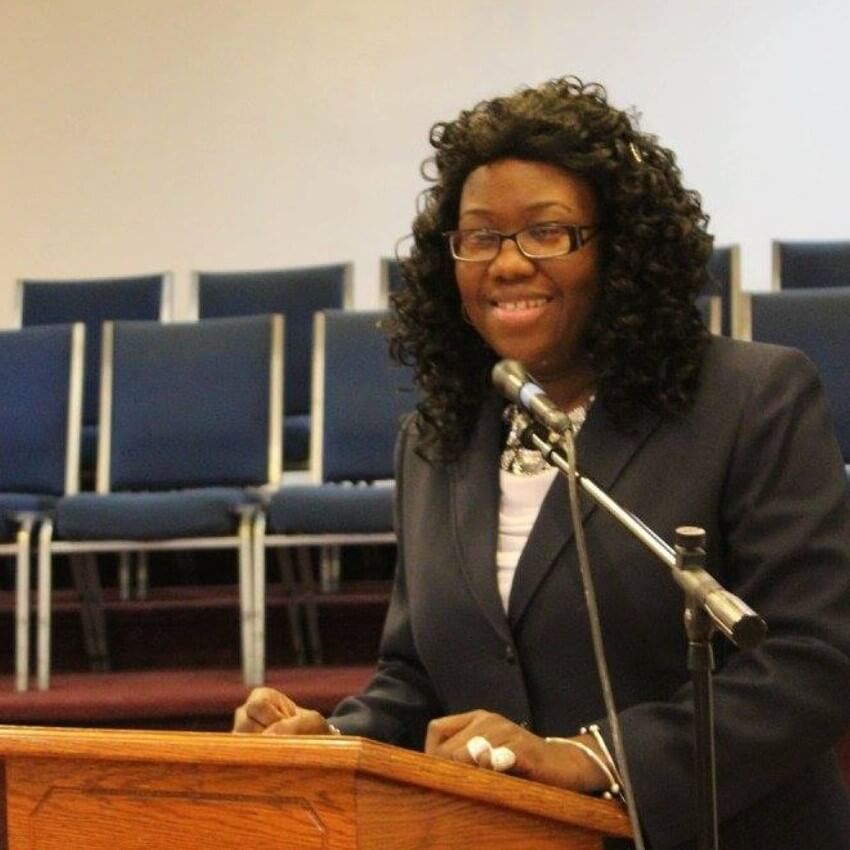
Hines, a community activist, has been one of the loudest voices of opposition to the project, having helped organize multiple marches against the planned development.
The candidate says she takes issue with building atop what is thought to be a burial ground, and thinks the city should take the opportunity to properly honor the dead
“There are bones under the paved streets, gas stations, post office and surrounding buildings, while the [Flatbush Reformed] Church cemetery is well kept preserved and a tour site, the remains of enslaved Africans are kept in squalor, embodied in trash and overgrown weeds,” Hines said.
The candidate said she thinks the only appropriate use of the site would be a memorial. “We do not want farmland on bones, or housing on bones,” she said. “We want a monument for the world to see that is decorated with dignity and respect.”
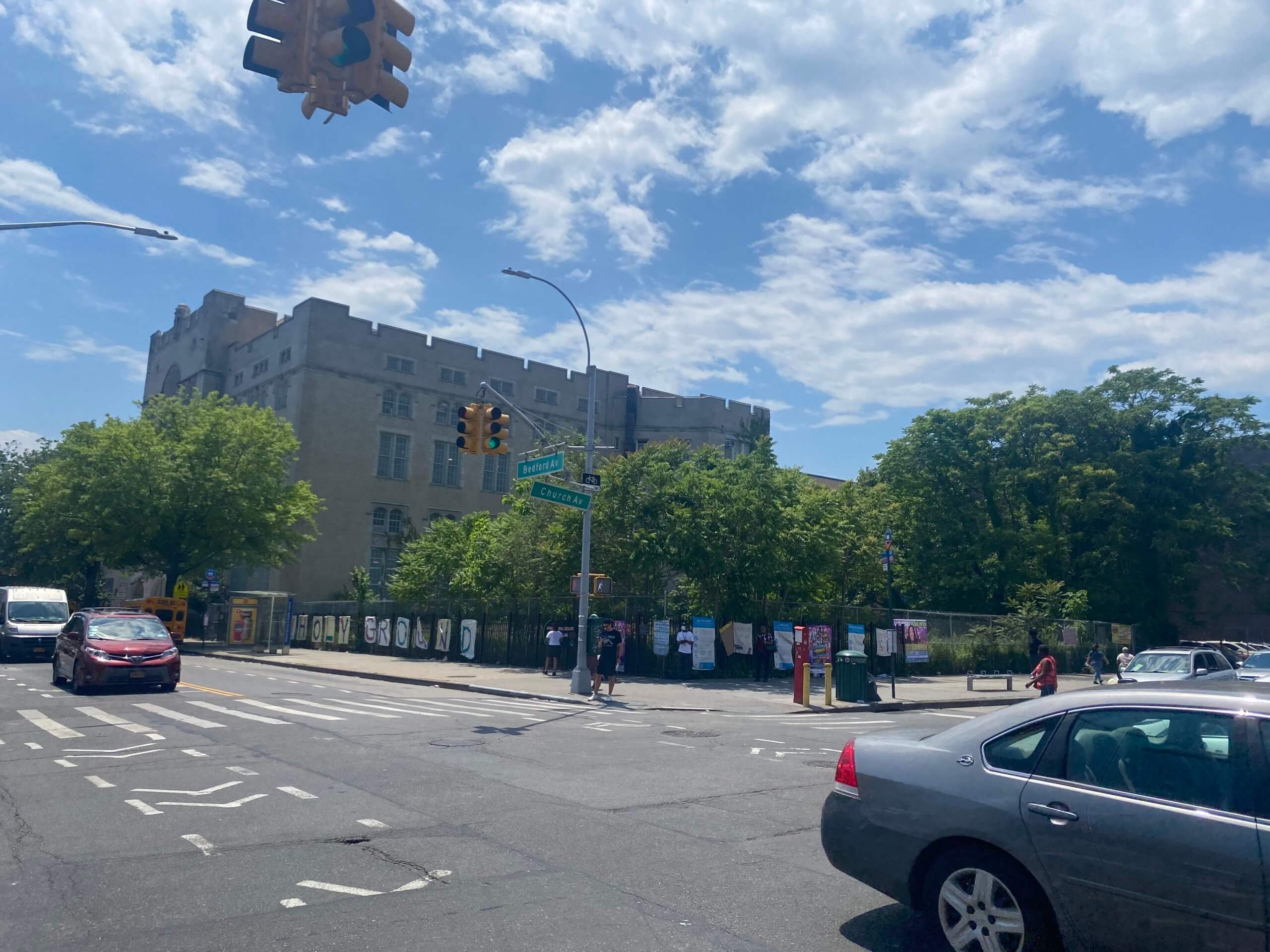
Other candidates
Candidates Edwin Raymond, Kenya Handy-Hilliard, Maxi Eugene, and John Williams did not respond to requests to comment for this article. However, Handy-Hilliard has published an opinion piece critical of the project, while Raymond has spoken in support of the project in past conversations with Brooklyn Paper.







